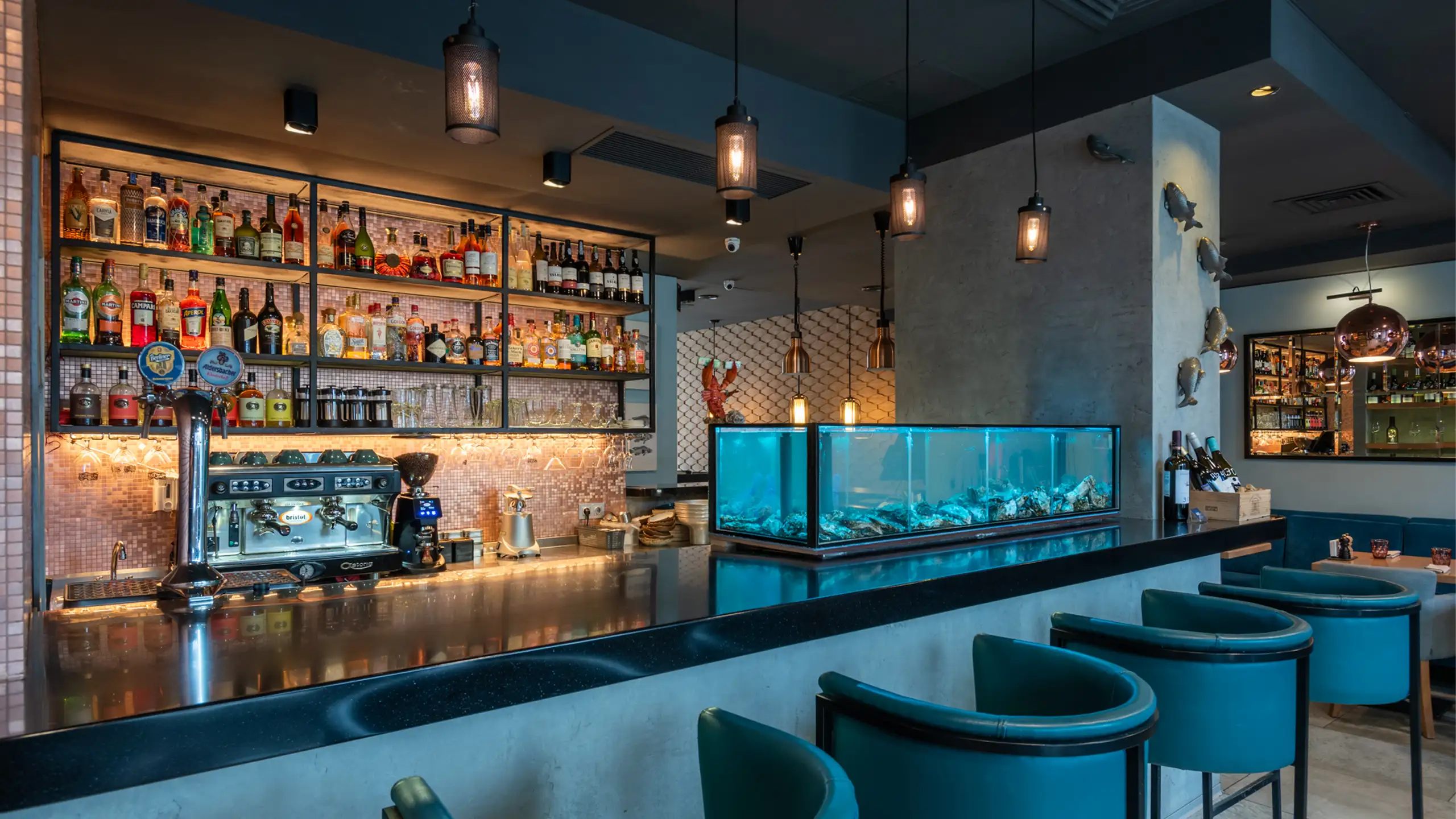In Lisbon, the best meals aren’t always found in the glossy restaurants that fill travel magazines. They’re tucked into narrow streets where laundry hangs above your head and the scent of grilled fish drifts from open windows. To eat like a local here is to wander past the postcard-perfect plazas and follow the rhythm of everyday life into places where the menus aren’t translated, the tables are crowded, and the food tastes like someone’s grandmother made it.
Step into a small tasca, and the first thing you’ll notice is the noise — not loud in an unpleasant way, but warm and full of life. Friends lean across tables to talk, spoons clink against ceramic bowls, and an old television in the corner hums with the evening news. The waiter doesn’t hand you a menu so much as recite what’s cooking that day: maybe bacalhau à brás, shredded salt cod with eggs and potatoes, or a slow-braised pork stew rich with garlic and paprika.
These places aren’t in guidebooks because they don’t need to be. They survive on regulars, people who have been eating there for decades and who know the cooks by name. Often, the walls are lined with family photos or faded football posters. You might be seated next to a retired fisherman still smelling faintly of the sea, or a young couple sharing a bottle of vinho verde while their toddler naps in a stroller.

Outside the city center, in neighborhoods like Graça or Campo de Ourique, you’ll find small cafés where lunch stretches lazily into the afternoon. Here, a simple grilled sardine, seasoned only with sea salt and olive oil, can feel like a feast. Dessert is never rushed — maybe a slice of almond cake, maybe just a bica, Lisbon’s strong, tiny coffee, sipped slowly while the sun dips behind terracotta rooftops.
Eating in these off-the-beaten-path spots is about more than the food. It’s about stepping into the daily pulse of Lisbon, where no one hurries you away from your table and the people around you are as much a part of the experience as the meal itself. There’s a kind of quiet magic in realizing you’re the only tourist in the room — that, for a little while, you’ve slipped into the city’s everyday life.
The flavors linger long after you’ve left: the salt of the ocean, the sweetness of a custard tart still warm from the oven, the faint bitterness of coffee at dusk. But more than anything, you remember the feeling — of being welcomed, fed, and, for an evening, made to feel like you truly belonged.


